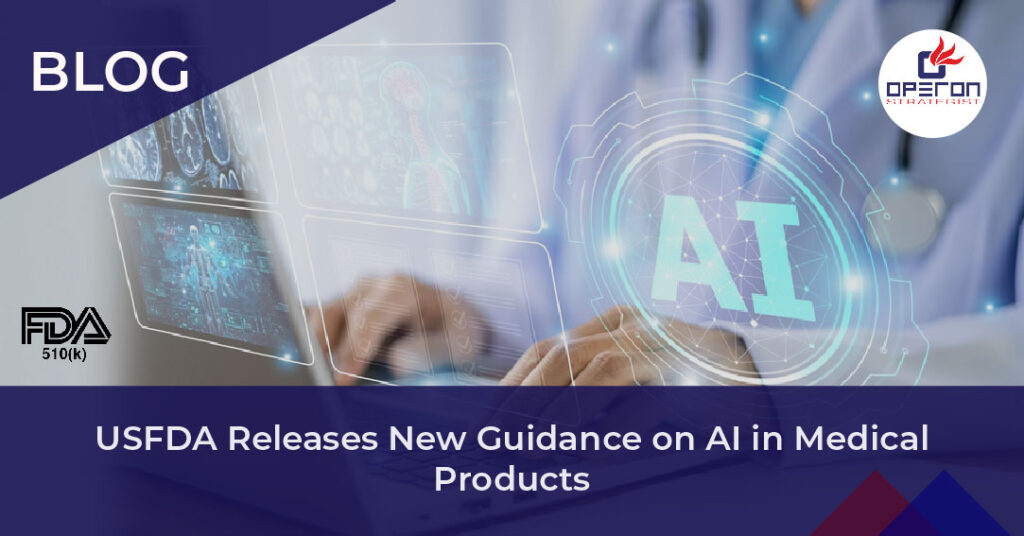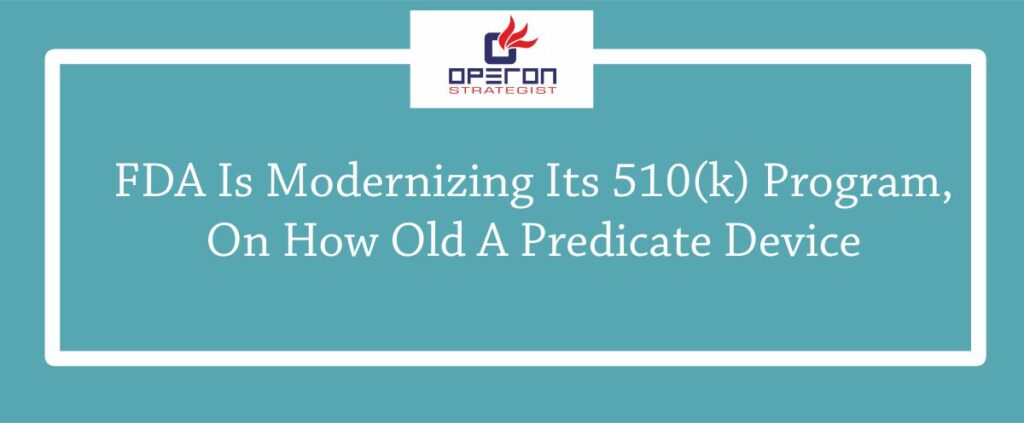Incorporating Artificial Intelligence into Medical Products: The FDA's Strategy
On March 15, the U.S. Food and Drug Administration (FDA) released a comprehensive paper titled “Artificial Intelligence and Medical Products: How CBER, CDER, CDRH, and OCP are Working Together.” This document outlines the FDA’s strategy for integrating artificial intelligence (AI) into medical products across its various centers, including the Center for Biologics Evaluation and Research (CBER), the Center for Drug Evaluation and Research (CDER), the Center for Devices and Radiological Health (CDRH), and the Office of Combination Products (OCP). The paper highlights the FDA’s dual commitment to fostering innovation in medical technology and ensuring patient safety through robust regulation, standard-setting, and continuous monitoring.
Know more about FDA 510k Certification for Medical Devices.
Looking For a Medical Device Regulatory Consultant?
Let’s have a word about your next project
FDA's Priorities for AI in Medical Products
The FDA has identified four key priorities for developing and utilizing AI across the medical product life cycle:
- Fostering Collaboration to Safeguard Public Health: The FDA emphasizes the importance of collaboration among stakeholders, including developers, academic institutions, global regulators, and patient groups. This approach aims to cultivate a patient-centered regulatory framework that prioritizes health equity and addresses concerns such as algorithmic bias, transparency, cybersecurity, and quality assurance.
- Advancing Regulatory Approaches to Support Innovation: The FDA is committed to developing regulatory approaches that encourage innovation while ensuring the safety and effectiveness of AI-enabled medical products. This includes creating comprehensive and clear guidance on using AI in product development, enabling regulatory predictability, and adapting to the rapidly evolving AI landscape.
- Promoting Standards, Guidelines, and Best Practices: The FDA aims to establish and promote standards, guidelines, best practices, and tools for the medical product life cycle. This effort includes building on existing initiatives such as the Framework for Regulatory Advanced Manufacturing Evaluation (FRAME) and the Artificial Intelligence/Machine Learning (AI/ML)-Based Software as a Medical Device (SaMD) Action Plan.
- Supporting Research on AI Performance: The FDA supports ongoing research on AI’s impact on medical product safety and effectiveness. This includes exploring ethical and safety considerations, refining best practices for AI-enabled products, and developing a robust quality assurance framework to ensure long-term safety and real-world performance monitoring.
Collaboration with Global Regulators and Industry Stakeholders
The FDA intends to work closely with global regulators to promote international cooperation on standards and best practices for AI use in the medical product industry. Additionally, the agency plans to engage with industry stakeholders through educational programs that teach safe and ethical AI use in medical product development.
As part of this collaborative effort, the FDA will continue to refine the Good Machine Learning Practice (GMLP) Guiding Principles, initially developed in partnership with Health Canada and the UK’s Medicines and Healthcare Products Regulatory Agency in 2021. These principles will be integral to ensuring the safety, efficacy, and ethical use of AI in medical products.
Supporting Ongoing Research and Innovation
To address the potential challenges posed by AI in medical product development, the FDA plans to support demonstration projects that investigate bias introduction points within the AI development life cycle and explore solutions to these issues. The agency is also focused on ensuring that AI tools are developed and monitored in a way that addresses health inequities and maintains compliance with relevant standards.
Get Expert Medical Device Consultant for US FDA
Role of Operon Strategist in AI Integration and Regulatory Compliance
- Expert Regulatory Guidance: Operon Strategist offers expert guidance to manufacturers, ensuring AI-enabled medical devices meet FDA standards for safety and efficacy.
- Navigating FDA Frameworks: Helps clients understand and implement FDA regulatory frameworks for AI, from product development through to market entry.
- Staying Ahead of Regulatory Developments: Keeps up with the latest regulatory changes and fosters collaboration to ensure compliance with evolving standards.
- Turnkey Project Management: Provides comprehensive project management services, streamlining the process of bringing AI-driven medical products to market.
- Focus on Quality and Ethics: Prioritizes quality assurance and ethical AI use, ensuring that AI-driven devices are both safe and effective for patient care.
In conclusion, the FDA’s comprehensive approach to AI in medical products reflects a commitment to safeguarding patient health while fostering innovation. Operon Strategist stands ready to assist manufacturers in navigating this evolving landscape, ensuring that AI-driven medical devices are both safe and effective, ultimately contributing to the betterment of patient care.




